Gone are the days where your customers’ loyalty depended on price, product, geography and one-on-one interactions.
Today, ecommerce reigns supreme – opening the doors to online chatbots, hyper-personalization and the novelty of being able to shop in your pajamas. Thanks to this, it’s safe to say that the traditional drivers of loyalty are now history.
This is exactly why you need to understand what makes the modern-shopper love and return to a brand. After all, with it costing five times less to retain a customer than it does to acquire a new one, focusing on what these shoppers really want will benefit your bottom line.
To help you get up close and personal with what drives customer loyalty today, we asked thousands of shoppers what made them devoted to a brand.
If you’re short on time, don’t panic. This snapshot takes a look at what drives customer loyalty today and the stats you need to know to deliver a stand-out experience your shoppers won’t forget.

In ecommerce, we trust: A feeling of trust
The first driver of loyalty identified within our research is that customers return to brands they trust. They want to know that their data won’t be abused and that they could safely recommend it:
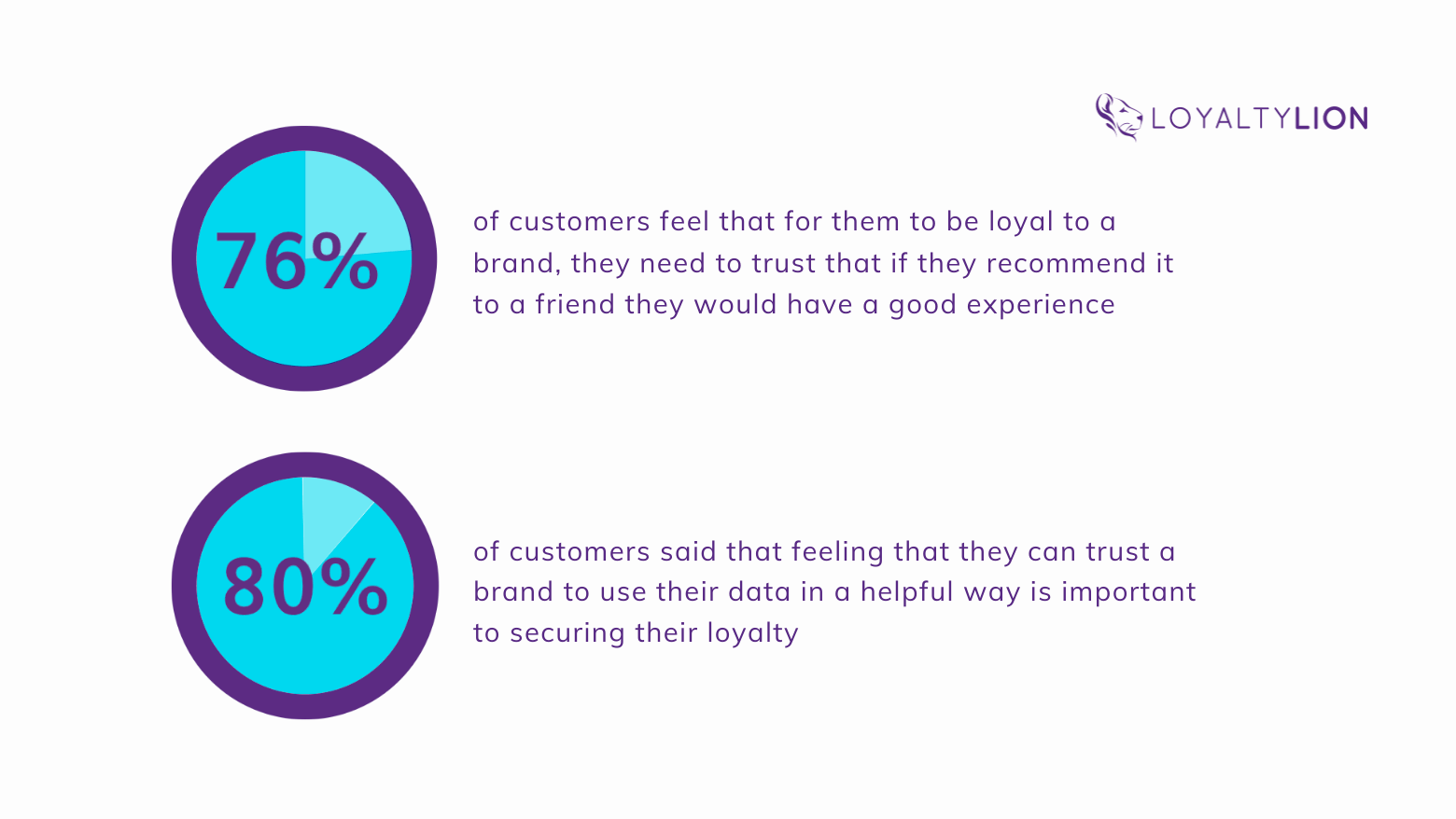
Trust has always been important when it comes to retail. But, with ecommerce sales worldwide amounting to $3.35 trillion, building confidence online is now even more significant.
You need to show your customers that they’re investing their hard-earned cash in a product, brand, and experience that’s worth it.
Do nothing by halves: Aspiration and exclusivity
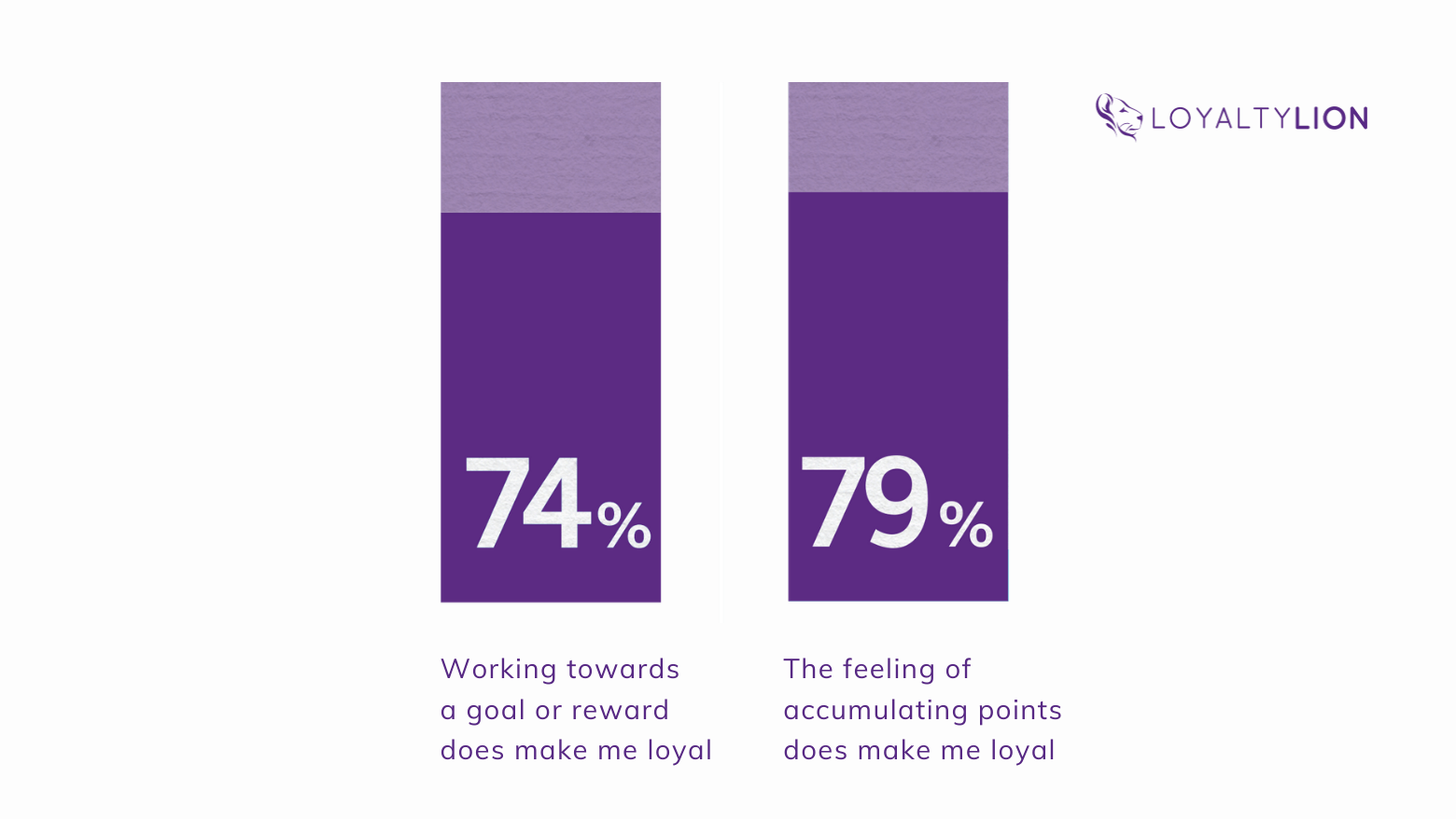
Today’s customers return to a brand that gives them a goal or rewards to work towards.
While aspiration is high on the agenda, customers also showed that receiving special treatment from the brands they shop from is also important in securing their loyalty.
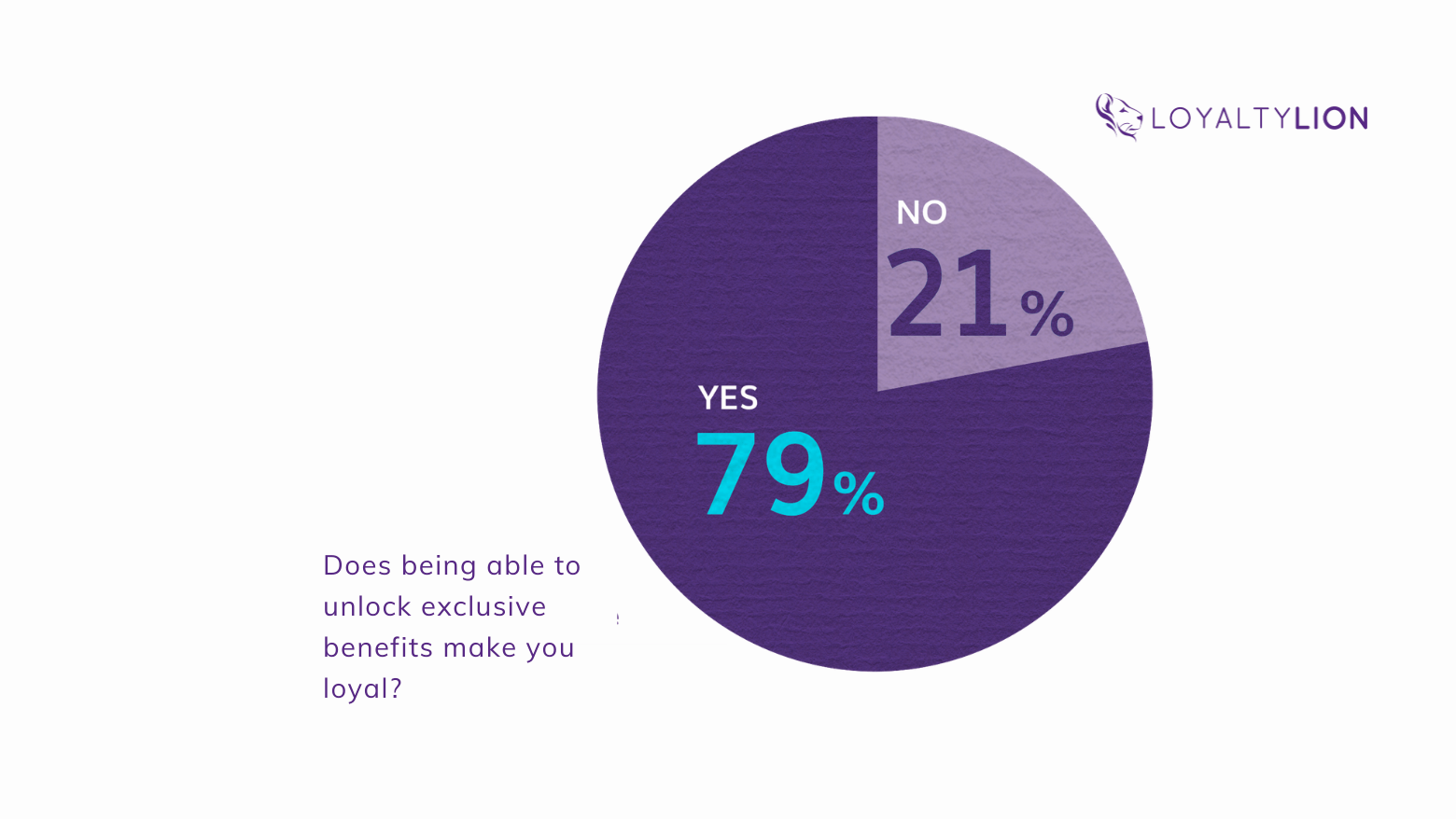
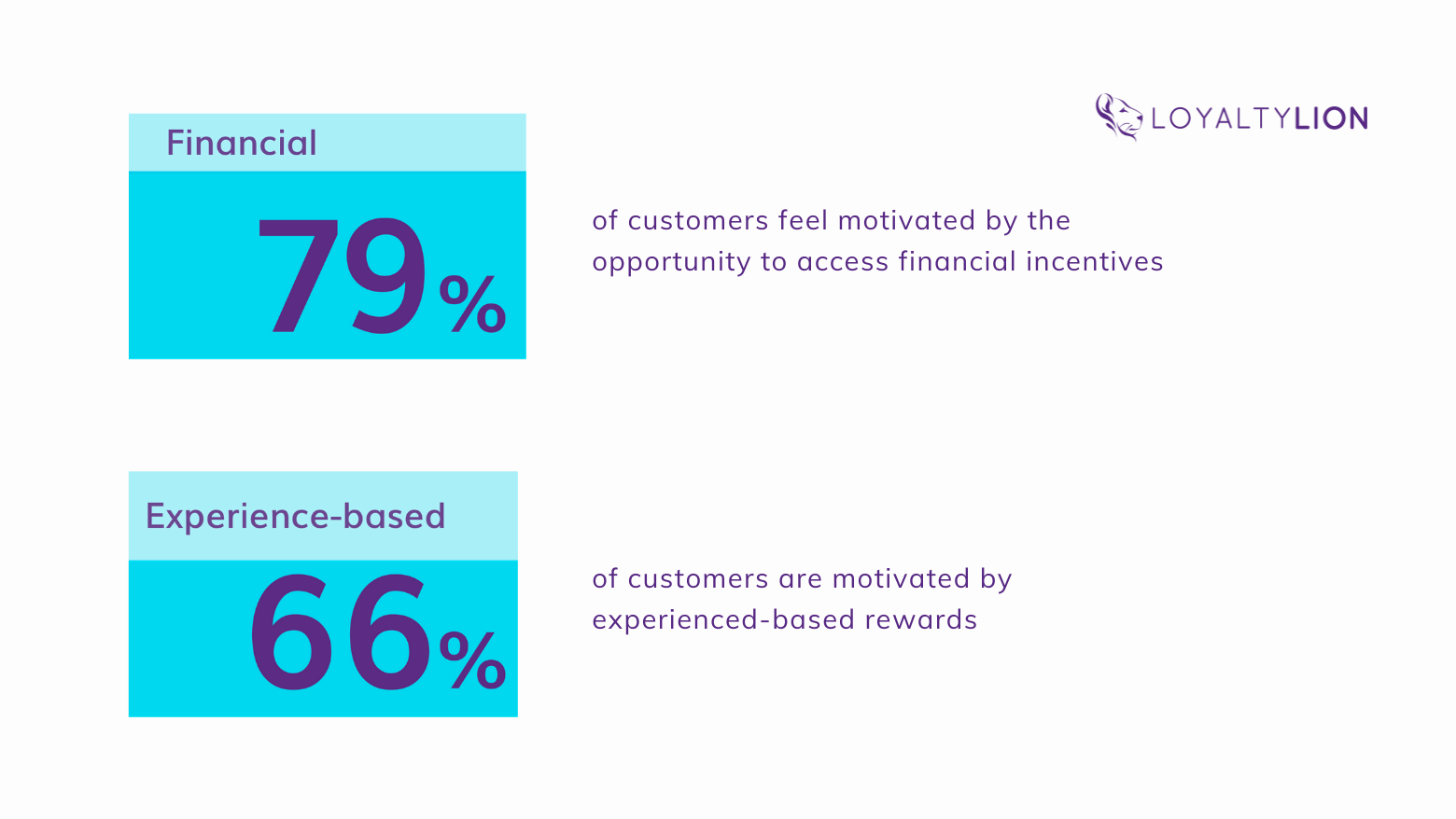
Services like Amazon Prime have birthed a membership mentality where customers expect extra perks and exclusive benefits in exchange for shopping with a brand.
And, when it comes giving customers something exclusive, the 2,000 shoppers we asked wanted a variety of rewards:
Something personal: Personalized interactions
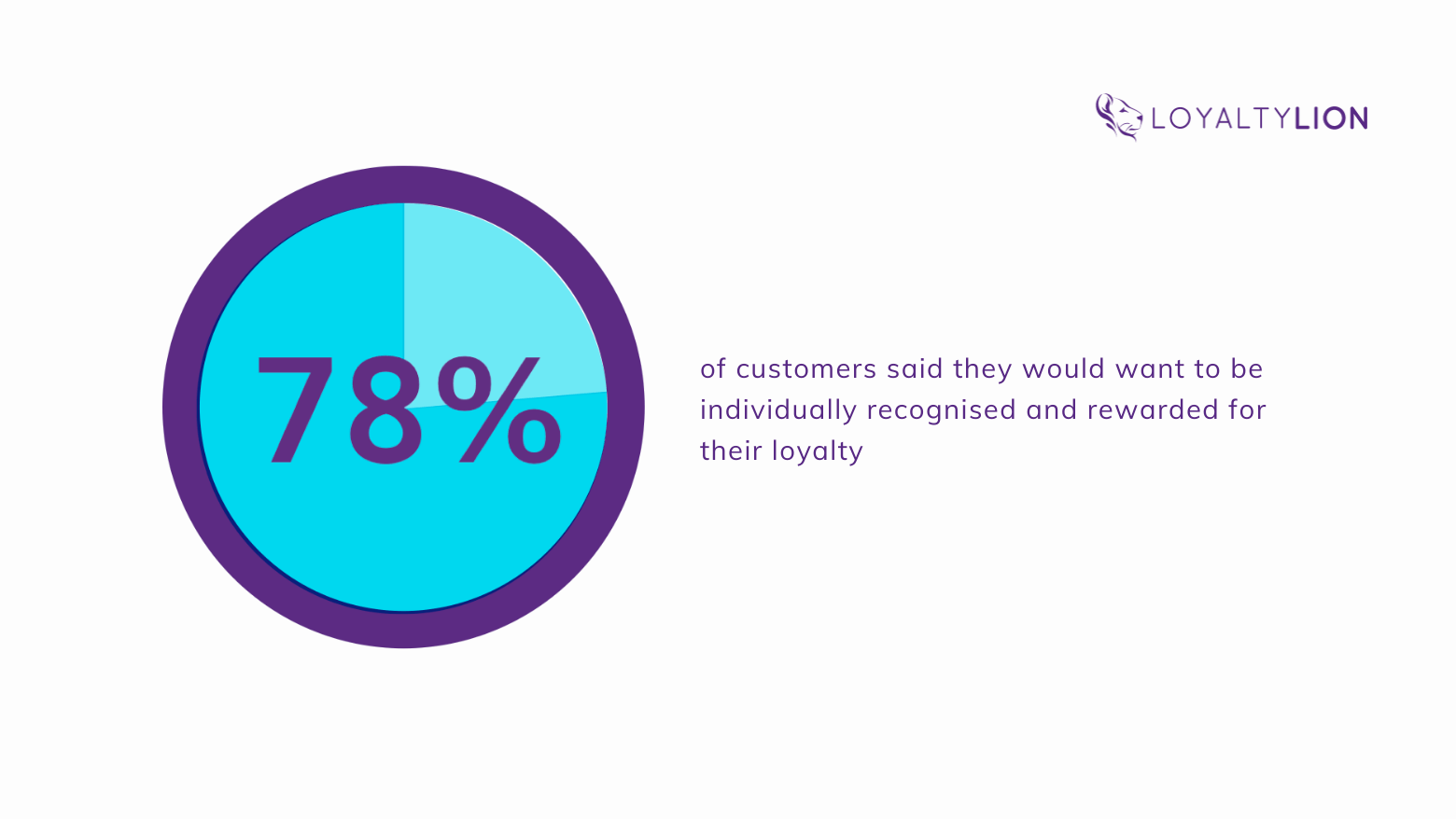
It’s not news that personalization works wonders. In fact, back in 2018 Epsilon found that 80% of customers said they were more likely to do business with a brand if they got tailored experiences. We also found:
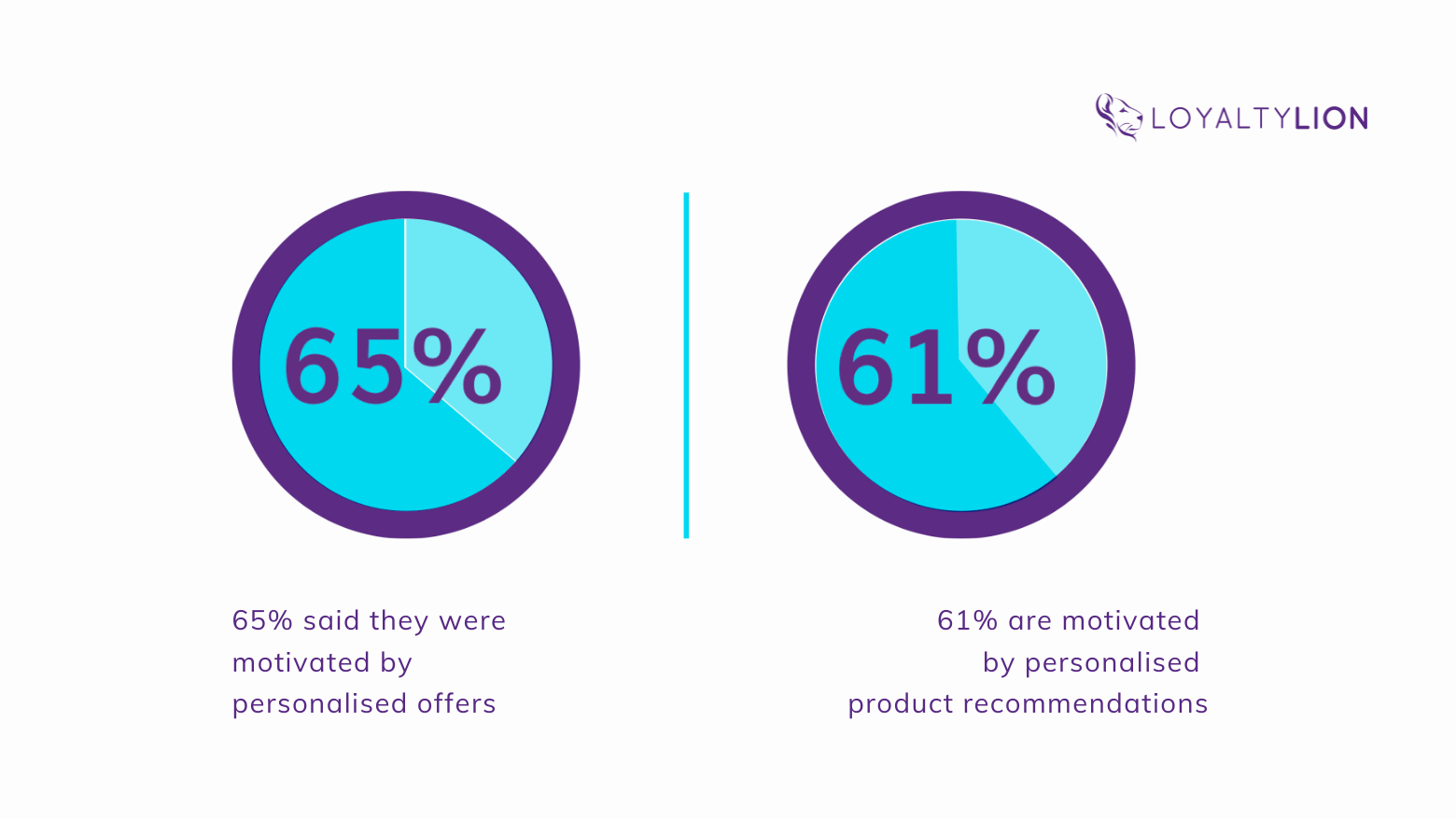
And, when asked about the level of customization they want:
Put your heart into it: The rise of identity-led loyalty
Armed with more information, customers are choosing to pay more attention to the shops they’re buying from. They want first-rate customer experiences and to be personally aligned with the brands they buy from:
66% said they would join a loyalty program if they can create ongoing relationships with a store they like.
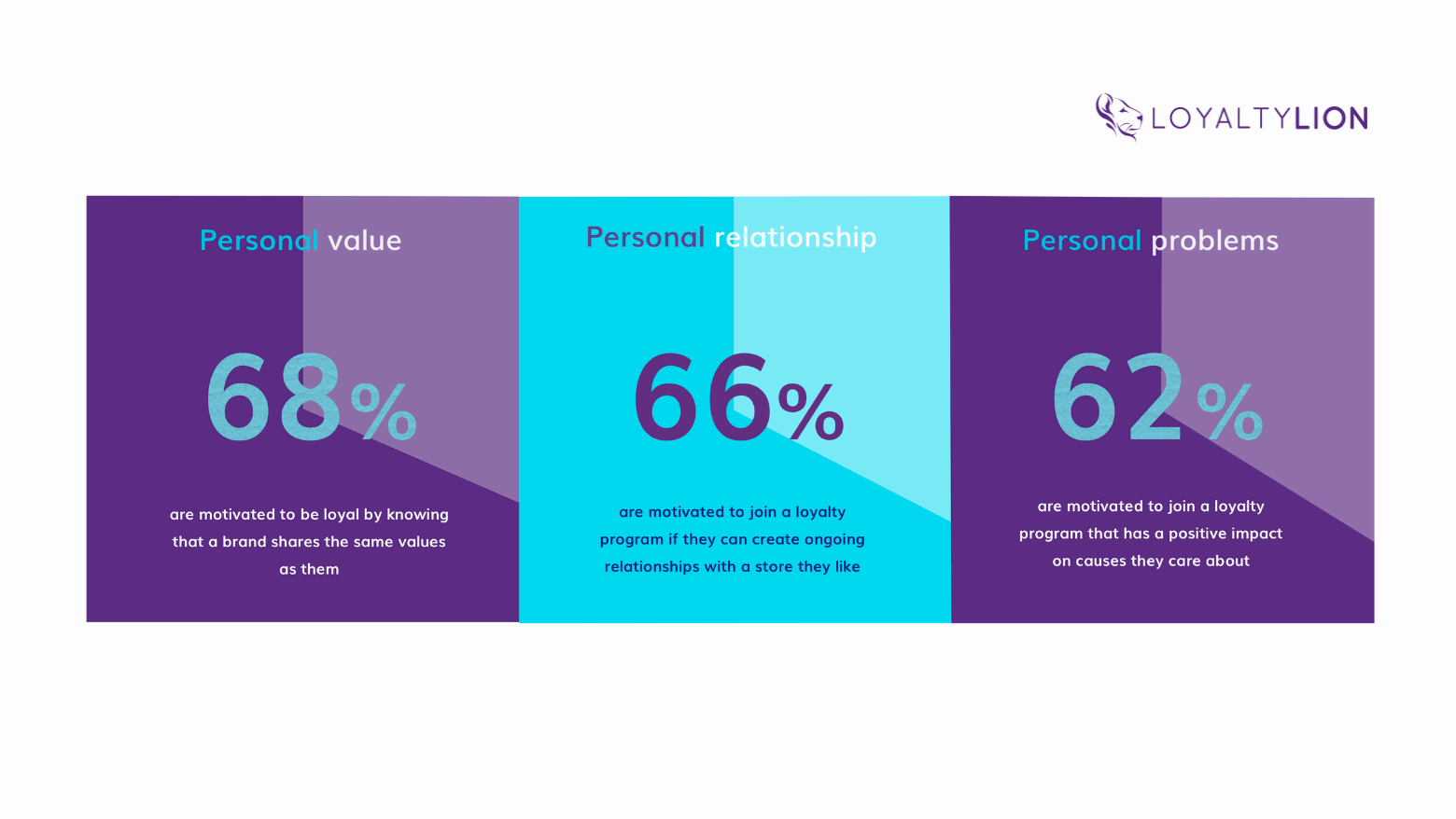
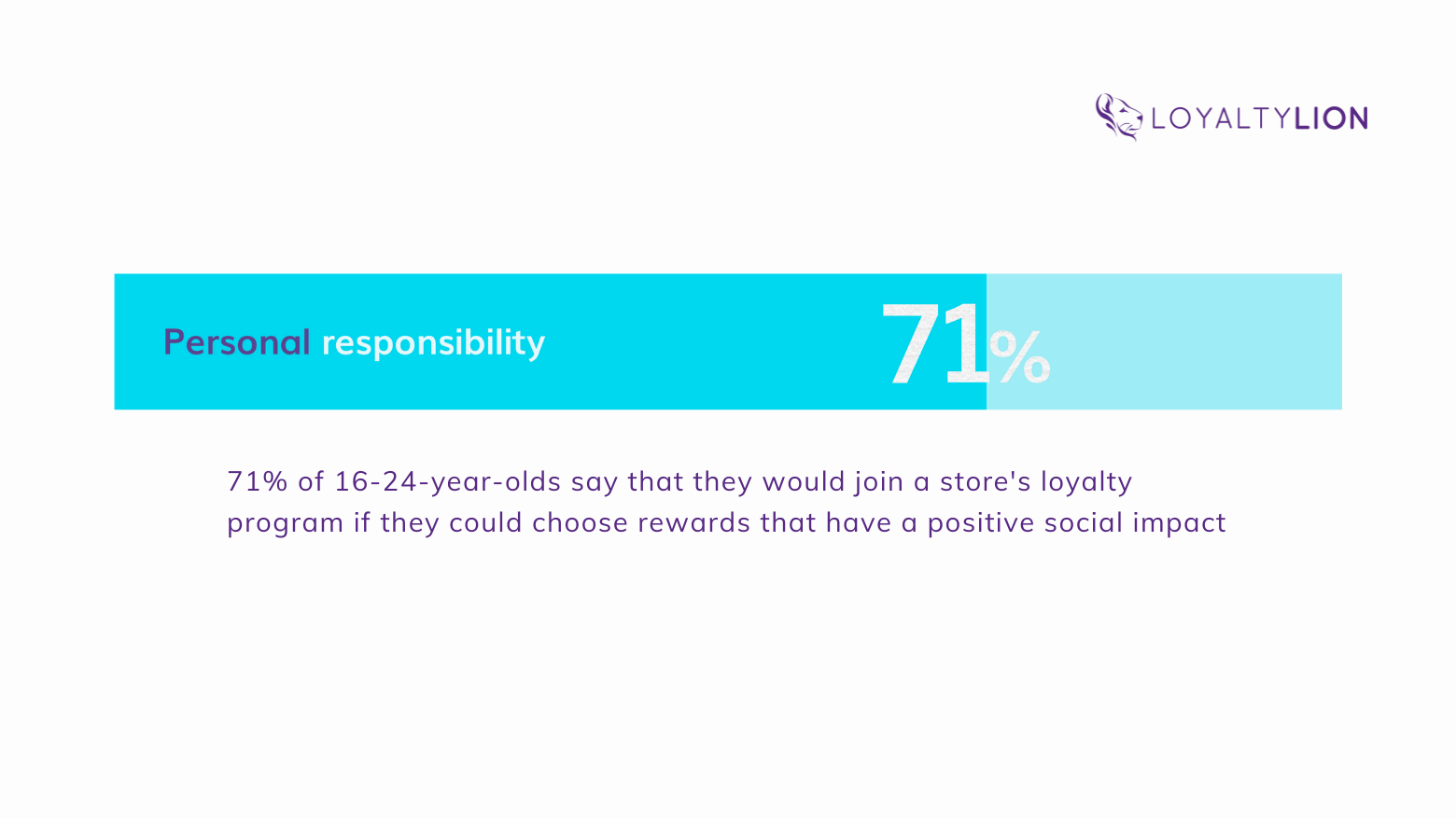
Our research also showed that buying into a brand-to-customer friendship goes beyond just striking up a conversation. The shoppers said that for them to be loyal to a store, they want to know that it reflects their own identity. And, this is ever more present for younger shoppers:
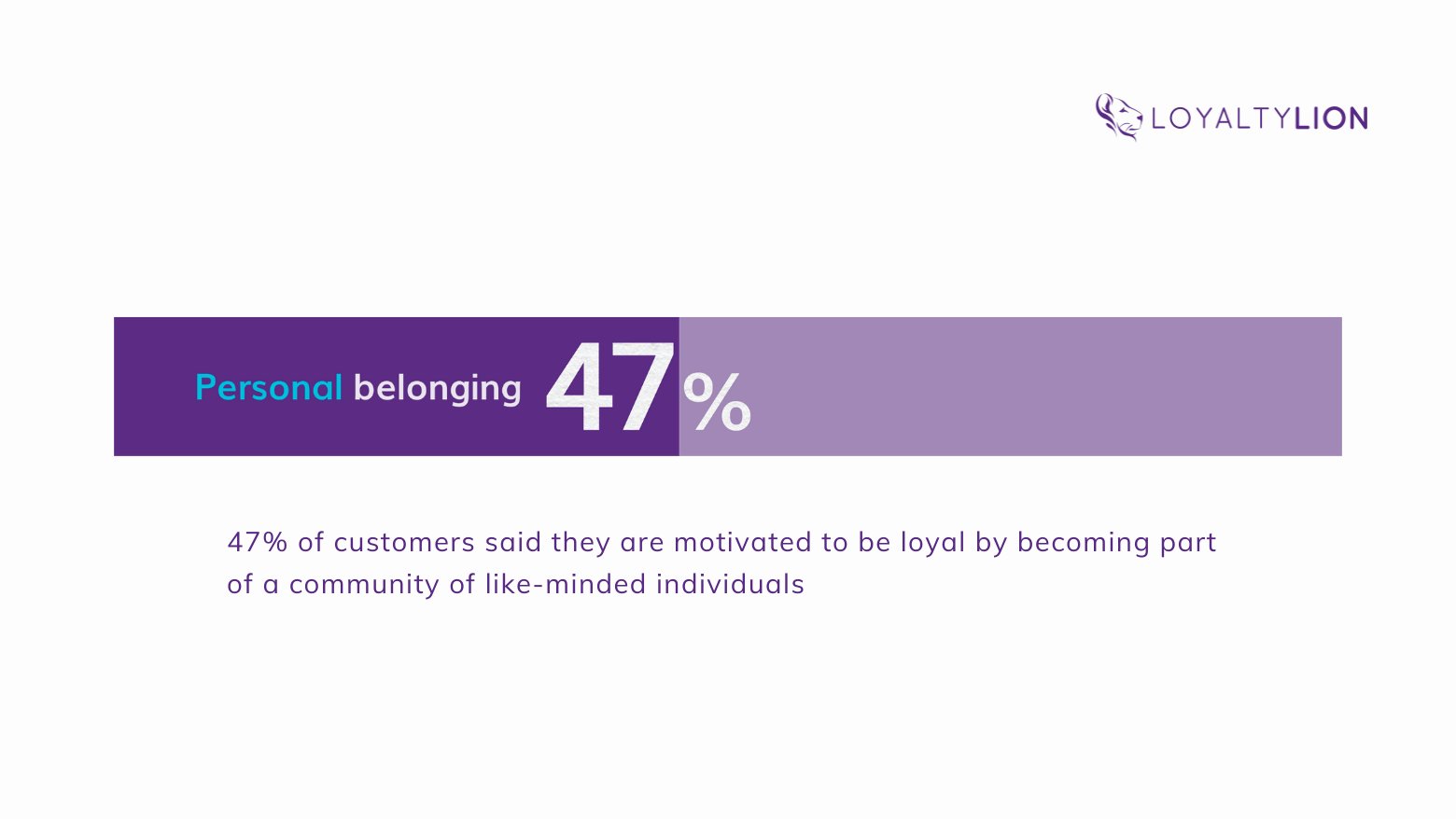
With the ASOS’ and Sephoras of the world using their member-base to build out social circles, the consumers expect to be welcomed with open arms into other brand communities. When it comes to loyalty, shoppers want the same:
For the fun of it: An enjoyable user experience
No-one wants shopping to be a chore. By elevating the user experience of your ecommerce brand, you’ll be able to secure repeat purchases and drive more revenue. In fact, Forbes stated that a strategic approach to your UX can raise conversion rates by as much as 400%.
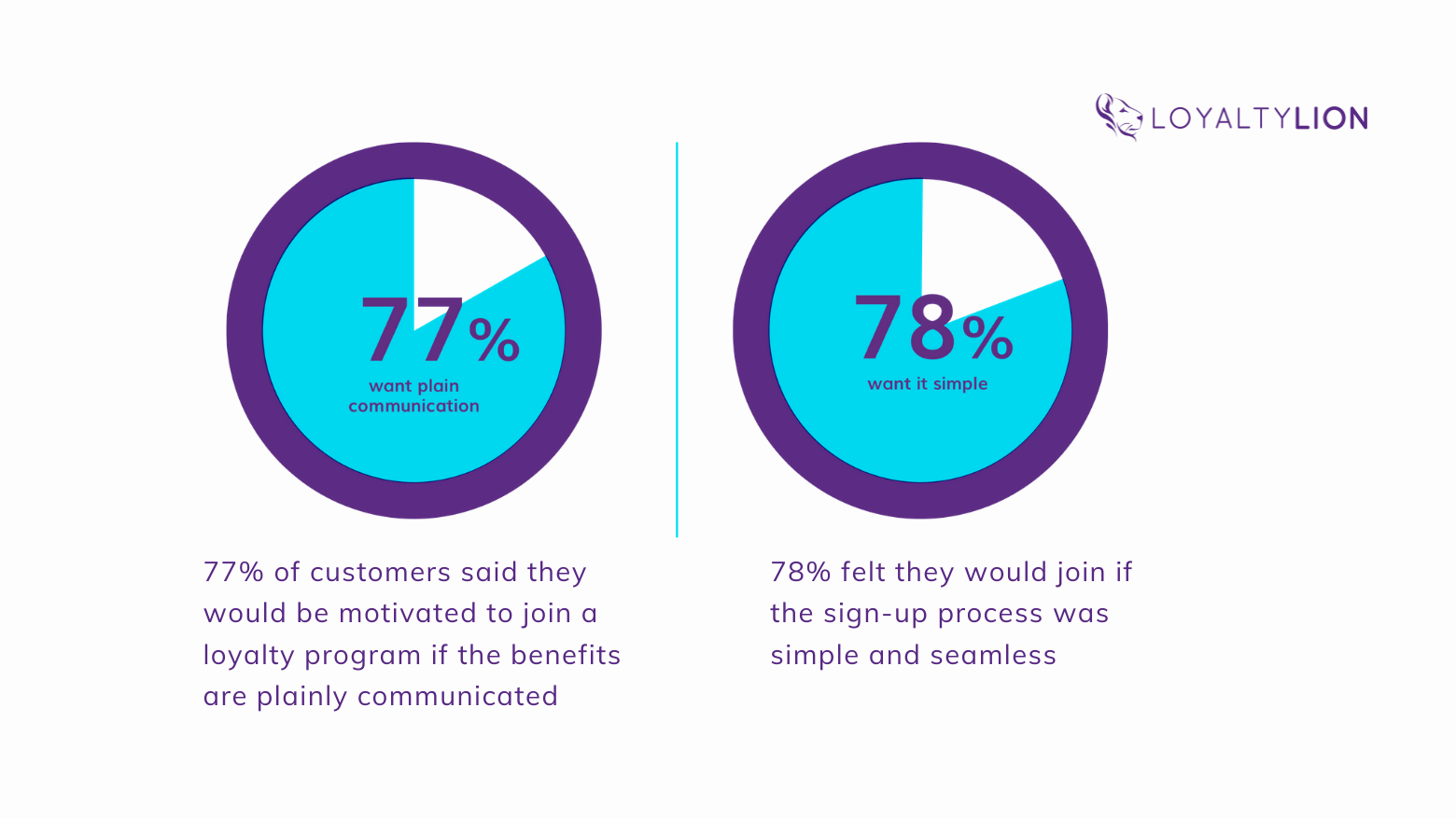
When it comes to a loyalty program, this sentiment was also reflected by the 2,000 customers we asked. They told us that the usability of a loyalty program was an important factor in getting them to take part.
If there’s anything that these stats have brought to light, it’s that although the mechanisms of customer loyalty have changed the same fundamentals are still important to the modern-day customer.
There are five key drivers that you need to consider and adapt to in order to secure repeat purchases and long-term revenue streams.
- Trust
- Aspiration and exclusivity
- Personalization
- Identity-led loyalty
- An enjoyable user experience




